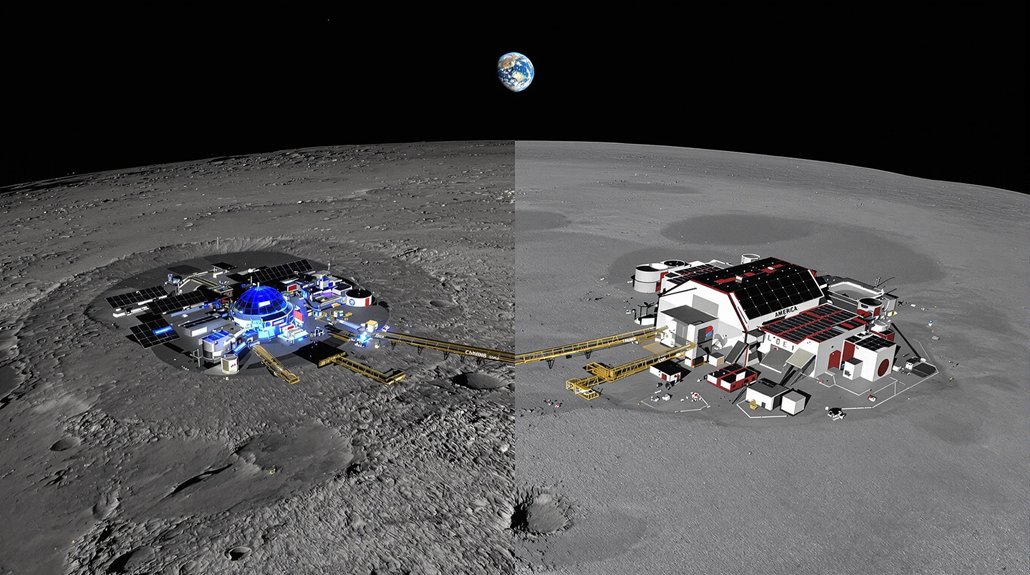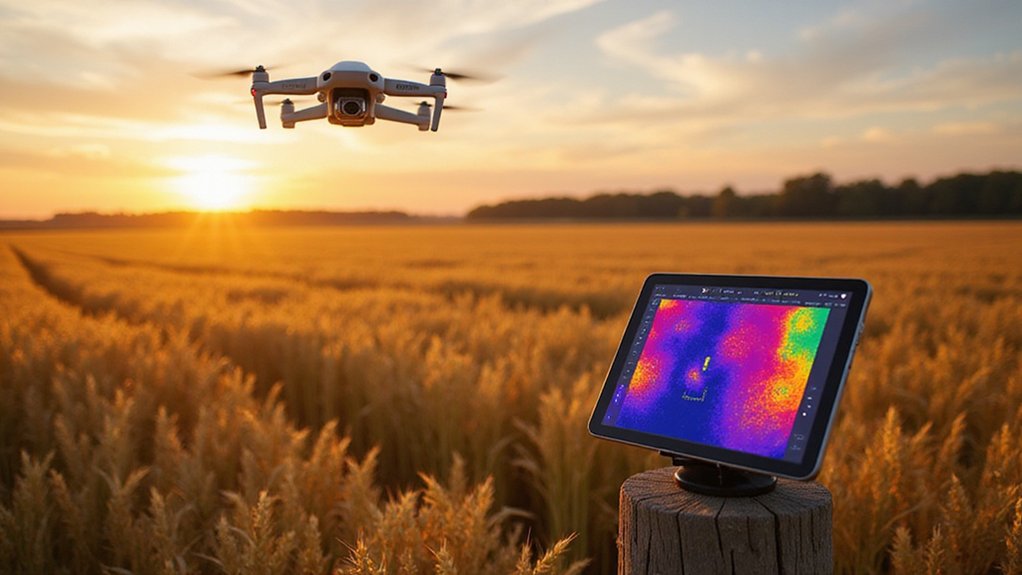While most people worry about traffic on Earth, the US and China are racing to control the ultimate high ground: the Moon. Both superpowers want to plant their flags by 2030, though America’s shooting for 2028 with Artemis 3. China’s aiming for their first taikonaut touchdown in 2030.
This isn’t about science. It’s about power, plain and simple. Both nations are eyeing the lunar south pole like it’s Black Friday at Best Buy. Why? Water ice. Sounds boring until you realize it means rocket fuel, drinking water, and whoever controls it basically runs the lunar gas station of the future.
The US fears China might pull a cosmic land grab, claiming prime lunar real estate and telling everyone else to buzz off. Meanwhile, America’s waving around the Artemis Accords like a HOA rulebook, with 53 countries signing on. China and Russia? They’re not interested in America’s space club.
America’s space HOA vs China’s cosmic land grab: the lunar turf war nobody asked for
China’s playing smart with robots. Their Chang’e missions are already scouting locations, and Chang’e 8 will test 3D-printing buildings from moon dirt. Practical stuff. The US counters with SpaceX and other private companies, betting that capitalism beats communism even 238,900 miles from Earth.
Both sides want permanent bases by 2035. China calls theirs ILRS, scheduled for move-in day sometime after 2035. America’s building a whole neighborhood with the Gateway station and surface habitats. It’s suburban sprawl, but in space.
Money’s tight, politics are messy, and rockets sometimes explode. These timelines could slip faster than a deadline for homework. China’s state-driven approach means consistent funding but potentially slower innovation. America’s got Elon Musk, which is either brilliant or terrifying, depending on your perspective.
The Outer Space Treaty says nobody owns the Moon. Right. Tell that to whoever’s mining lunar titanium in 2040. Both nations are already mapping resource deposits like prospectors in the California Gold Rush. Nobody’s been back since Apollo 17 ended in December 1972, making this new race even more significant.
The winner gets more than bragging rights. They’ll control space-based communications, navigation, and surveillance. China has tripled its spy satellites over six years, showing how seriously they take orbital dominance. The loser? They’ll be buying their moon water at markup.
References
- https://www.humanmars.net/2025/04/can-china-beat-us-in-2nd-space-race-to.html
- https://www.eureporter.co/world/us/2025/02/14/the-battle-for-the-moon-and-spy-satellites-what-us-and-china-are-competing-for-in-space/
- https://www.palladiummag.com/2025/03/28/the-new-space-race-with-china/
- https://www.progressivepolicy.org/wp-content/uploads/2025/04/PPI_Space-Race-Between-USA-and-China.pdf
- https://www.openlunar.org/blog/achievements-moon-2025









